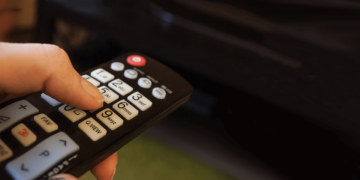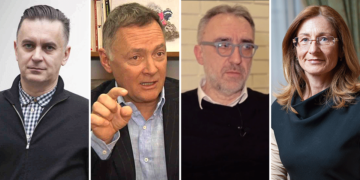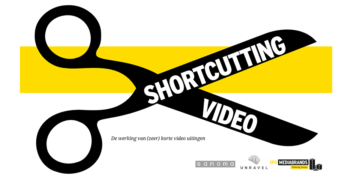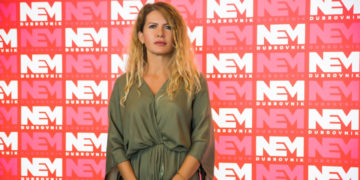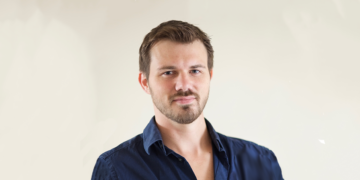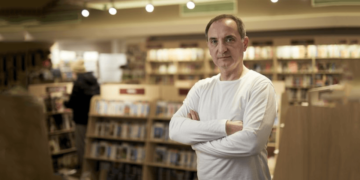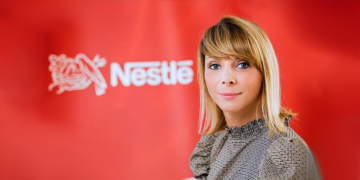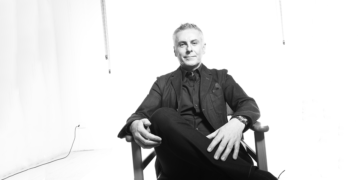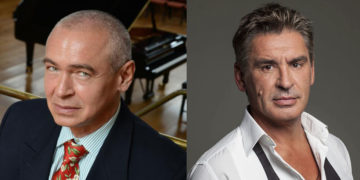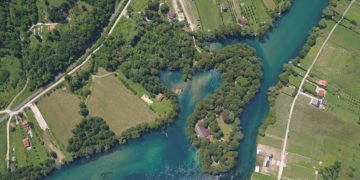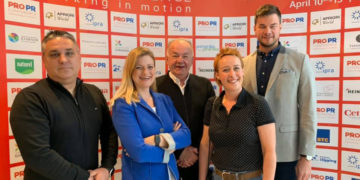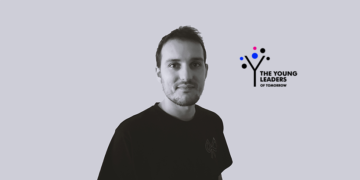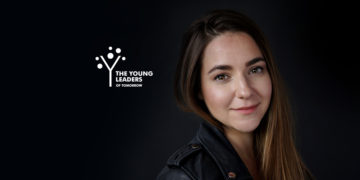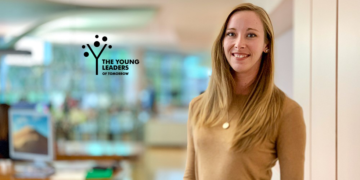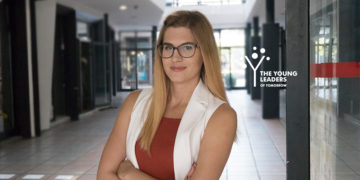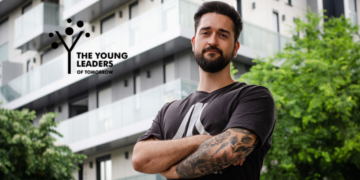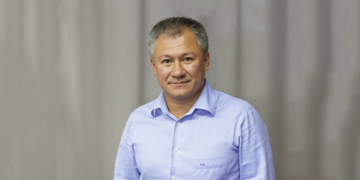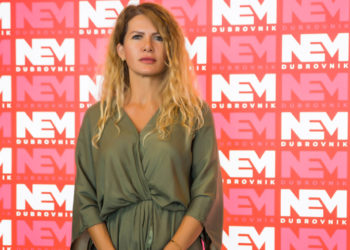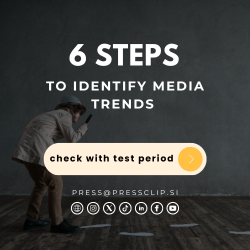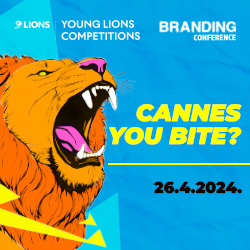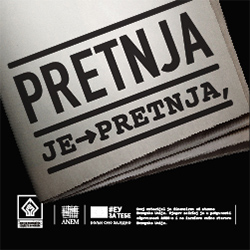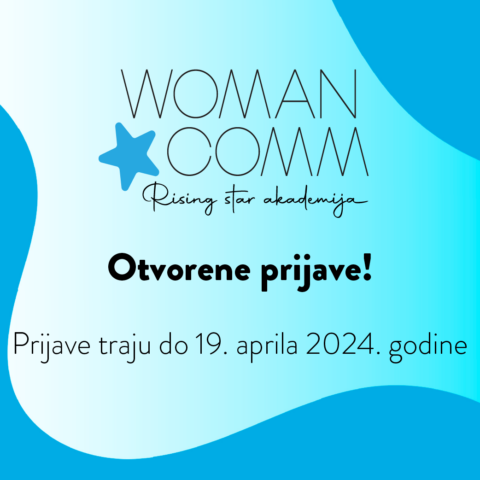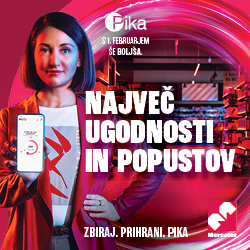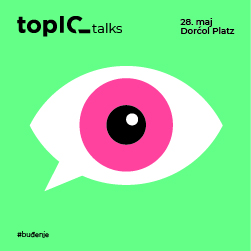Drugi jezik na kojem je dostupan ovaj članak: Bosnian
Recently held educational gatherings organized by the Days of Communication, with Marian Salzman, Senior Vice President of Global Communications at Philip Morris International, author and co-author of as many as 16 books, we discussed current issues.
How do you evaluate the role of social media during this crisis? Creating solidarity and giving comfort or increasing anxiety? How to distinguish between real and fake?
Marian Salzman: For much of the last quarter century, we’ve engaged in a public debate about the virtues and vices of life online. Regardless, most of us embraced the convenience and reach of digital media—but we were still ambivalent about its impact and what we were being asked to sacrifice in return. Many of us had a sneaking feeling that screen-based living was a poor substitute, a lazier, morally inferior version of the “real life” that “should” take place face-to-face with physical objects in physical space. The COVID-19 crisis has fundamentally reframed that view.
Simply put, the online world has become our lifeline. In the grip of this pandemic, it’s no longer just how we communicate and entertain ourselves; it’s how we do our jobs or attend school, procure our supplies, and reach out for help. As important, it is the only way in which we can interact with our fellow humans without fear of contracting or passing on the virus. Even as people are keeping their physical distance, they’re managing to spend time together, thanks to social media. Virtual has become vital.
Regarding media, what were the biggest mistakes they made during this pandemic?
Marian Salzman: Any mistakes we’ve seen were when media forgot that their job should be to counter mistruths with facts. Further, in the context of the COVID-19 pandemic, it’s been crucial for media to make a stand for the supremacy of science over scaremongering and willful ignorance.
As if this pandemic weren’t enough to deal with, we have seen an unhealthy flow of disinformation. Intentionally inaccurate information is damaging no matter when it’s put out. We know that it can interfere with elections, sow discord, and influence decision-makers in worrisome ways. During a pandemic, it poses an even more immediate threat.
Which companies would you use as an example of good adaptability and support they gave to the community against the pandemic?
Marian Salzman: There are many businesses that are stepping up. For example, Bauer has switched over from making ice hockey helmets to producing protective face shields. Breweries and distilleries around the world have started producing hand sanitizer—as has Philip Morris International at some of its factories. Rolls-Royce, Ford, GM, Fiat, Nissan, and Tesla are among the automakers churning out ventilators, protective face masks, and face shields. And Virgin Orbit is manufacturing bridge ventilators.
There are many more. Here are some: Kering SA (think: Balenciaga, Saint Laurent) is switching over to the production of surgical masks. UPS is assisting with test kit deliveries and transporting samples to labs. Microsoft created an online map that provides up-to-date information about confirmed COVID-19 cases worldwide. Facebook is offering the premium version of its workplace chat service, Workplace Advanced, for free to emergency services and government organizations for 12 months. Slack is offering free upgrades to paid plans for teams working on coronavirus research, response, or mitigation. I appreciated what many of these brands brought to my life even pre-pandemic, but I’m seeing them in a new and definitely more flattering light now.
Your message to communicators is “show that you care”—do you think that they got it?
Marian Salzman: I hope so. And they can observe who’s getting it right to note the very real benefits of showing that your organization or brand is putting people first. For example, they can look at Marriot International CEO Arne Sorenson. He was already a positive role model before the pandemic, since announcing last year he was diagnosed with pancreatic cancer. He has been upbeat and brave in his battle, and his video in mid-March only reinforced that reputation. It wasn’t just the fact that he was forgoing his salary—after all, he wasn’t the first or only leader to make that decision—but it was his manner of speaking to his employees. He was direct, positive, and plainspoken; just what these times call for.
The underlying principle is this: People come first. In light of the current crisis, we don’t have time to wait for companies to put together lengthy assessments of what they should do, when, and what they’ll get in return. We need immediate action that’s far bigger than anything a company would contemplate under less extreme circumstances.
According to some publications in countries with female leaders, the crisis is managed and balanced better than in others. What are your views?
Marian Salzman: Some believe COVID-19 has been managed and balanced better in countries with female leaders. I would not be surprised if that were the case. New Zealand Prime Minister Jacinda Ardern, who, early in the crisis, addressed the nation from her home after putting her daughter to bed, has made a practice of straight talk—and quick action—in tough situations. And German Chancellor Angela Merkel is known for her no-nonsense approach to governance—and it certainly helps in this instance that she’s a scientist. That is also something that has been reinforced in these times: We must lead with science.
There is no guarantee that a woman will be a better leader, but there is plenty of evidence that organizations benefit when they reward and incentivize women in leadership roles. At PMI, we take pride in our leadership on gender balance. In 2019, we became the first company to receive global EQUAL-SALARY certification. Creating a gender-balanced organization is a foundational step to creating a workplace that is welcoming of disparate views, experiences, and ideas. It is essential to creating a company in which everyone feels they belong, that their voices are heard, their work is valued, and they receive the support they need to contribute their best work and achieve their full potential.
What is your opinion on the fact that some claim that this crisis is an opportunity to reset our values as a society?
Marian Salzman: I think we know that this pandemic will change our lives, at least for the foreseeable future. Though it is wreaking devastating havoc, it’s restoring my faith in the generosity of humankind. One consequence has been the chance it offers us to rethink, recalibrate and reframe. It’s a chance for a divided world to come together, for kindness and compassion to triumph over hate, to reaffirm our faith in science over partisan rhetoric that rings false even to those of us who aren’t scientists.
There are signs that the tectonic plates in the public discourse may be shifting, if only subtly, and I do see a potential for a major reset and a return to camaraderie, compassion, and community. I even believe it’s possible that we will witness a return to civility in our conversations, tempering the combative exchanges so common in the digital age.
COVID-19 has caused a lot of damage to the global economy. What do you think how long will it take to recover?
Marian Salzman: No one can predict how long recovery will take. And there’s no doubt that many of the changes we’re experiencing now are anything but temporary. Even when economies begin to reopen, the way we’ll shop, dine, travel, and engage in other activities may not be the same as it was in the pre-COVID-19 era. Businesses of all sizes need to prepare today for what that new reality will be.
In this competitive economy, what do you think is the secret to achieving a leading position?
Marian Salzman: I would say that there’s not one single secret—or, really, no secret at all. One of the first steps is for a brand to speak and act authentically. Building on that foundation, a brand needs to create a connection with its customers and then strengthen and deepen that relationship.
It’s also important in a highly competitive market to create differentiation to set your brand apart from competitors. For PMI, that has been our company’s commitment to create a smoke-free future. In order to achieve our vision, we are essentially disrupting our business from the inside out. I can’t think of any other business that has attempted such a transformation before. Certainly no other tobacco company.
When situation normalise, what do you think will be the first step companies are going to take?
Marian Salzman: Even when businesses are able to re-open, creative marketing and business approaches will be a must. Restaurants, for instance, will need to rethink their operations to maintain some level of safe distancing. What will 50 percent capacity of diners look like? Will customers be asked to submit to temperature checks at the door? Will service staff use PPE?
We can all take a page from the creative thinking we’re seeing around us (on our screens) as we work to evolve brand value, and not just in how we market and sell but in how we create a deeper connection with our customers and the communities in which we operate.

